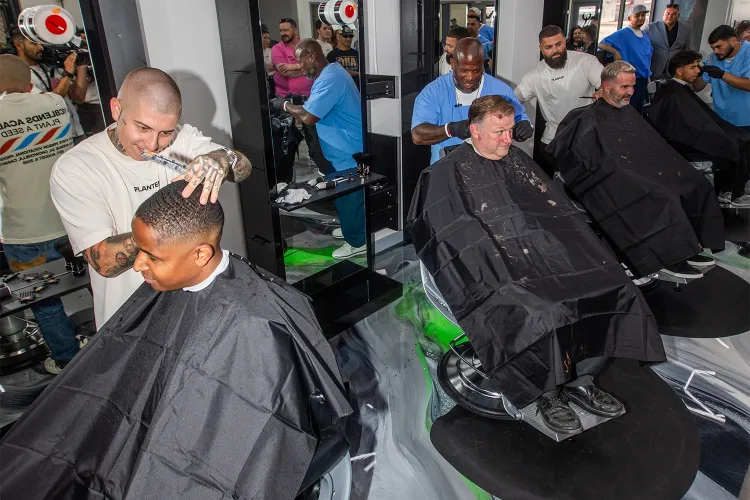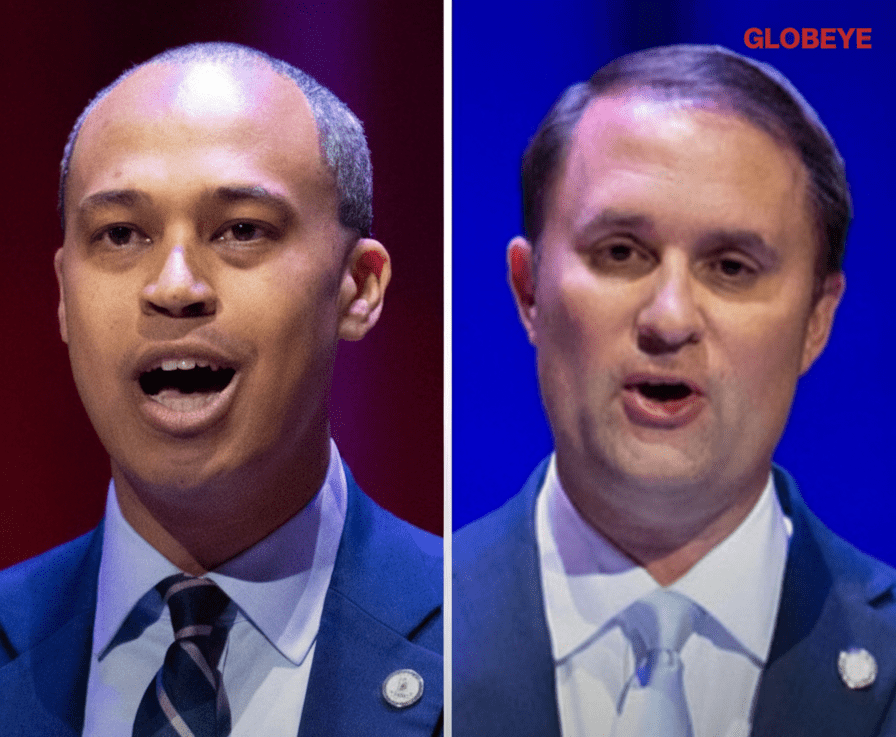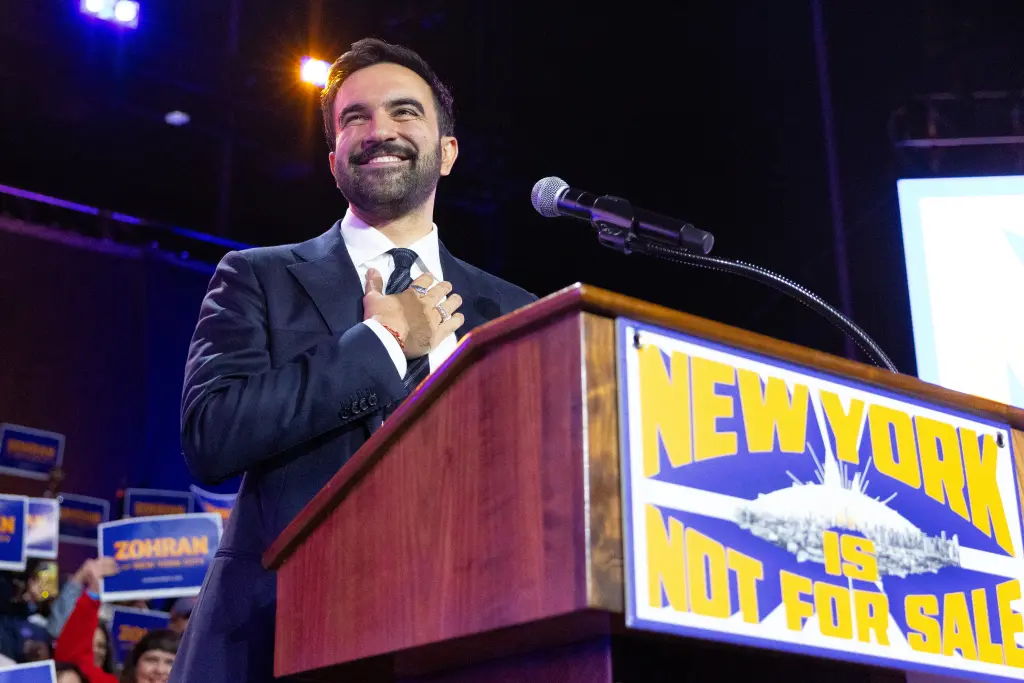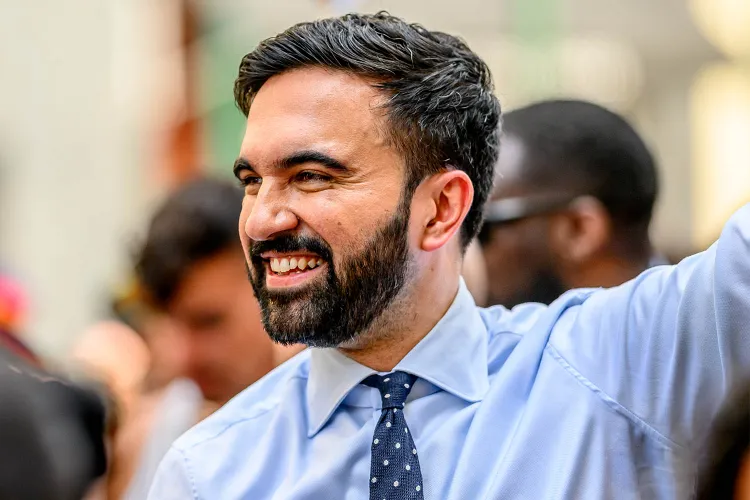First Licensed Barber School Opens in California Prison, Giving ‘Hope’ to Those Who Make the Cut
Inside the walls of a California State Prison, something remarkable is happening — something that’s giving incarcerated men not just a skill, but a renewed sense of purpose. The buzzing of clippers, the smell of hair products, and the laughter between mentors and students fill the air at the first licensed barber school ever to open inside a state correctional facility. It’s called the VicBlends Academy — founded by celebrity barber Victor Fontanez, known to millions as VicBlends, and film producer and social justice advocate Scott Budnick. Together, they’ve turned what was once just an idea into a transformative program aimed at giving second chances through the art of barbering.
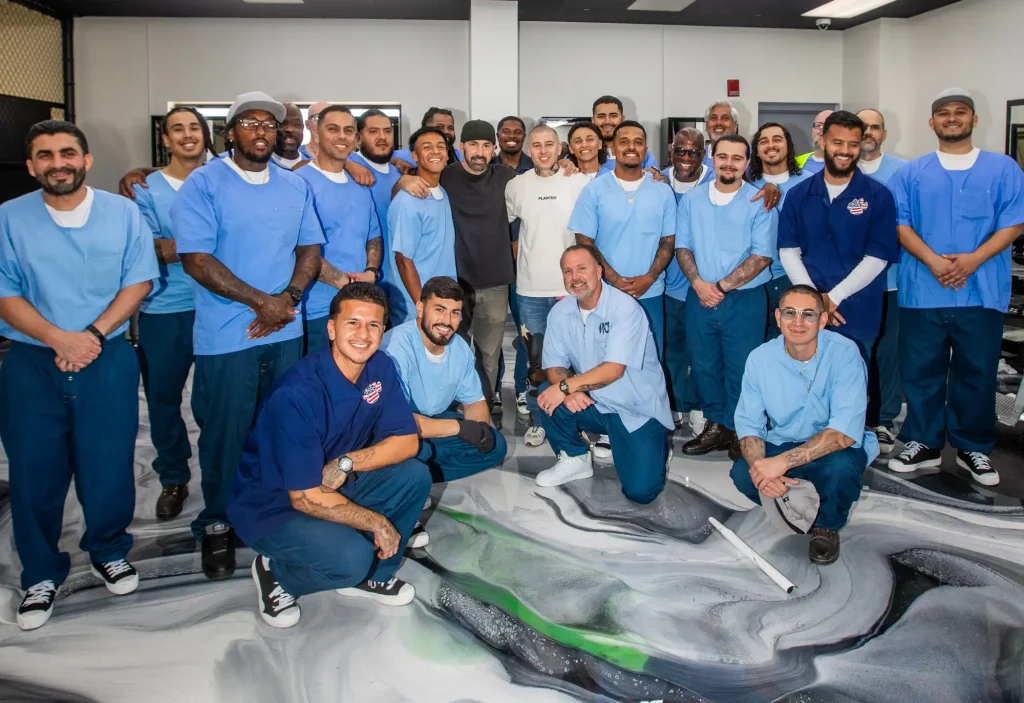
For years, Fontanez has been known as a positive voice in the barbering community, using his platform not just to teach fades and tapers, but to spread messages of self-belief and change. His viral videos — filled with life lessons and motivational words — often highlight the power of human connection. That same energy now lives inside the walls of this prison. For him, the VicBlends Academy is about more than just cutting hair; it’s about restoring dignity, teaching responsibility, and preparing men for life beyond incarceration.
The idea started four years ago, as Fontanez and Budnick discussed how to use their influence to make a tangible difference. Budnick, best known for producing The Hangover films, has spent years advocating for prison reform and rehabilitation programs. Together, the pair envisioned a fully licensed school that could operate behind bars, providing inmates with real certifications recognized by the state. The process wasn’t easy. As Budnick admitted, it took years of meetings, proposals, and constant pressure to get approvals. “We had to keep our feet on the gas the whole time,” he said, describing how persistence and passion finally made the academy possible.
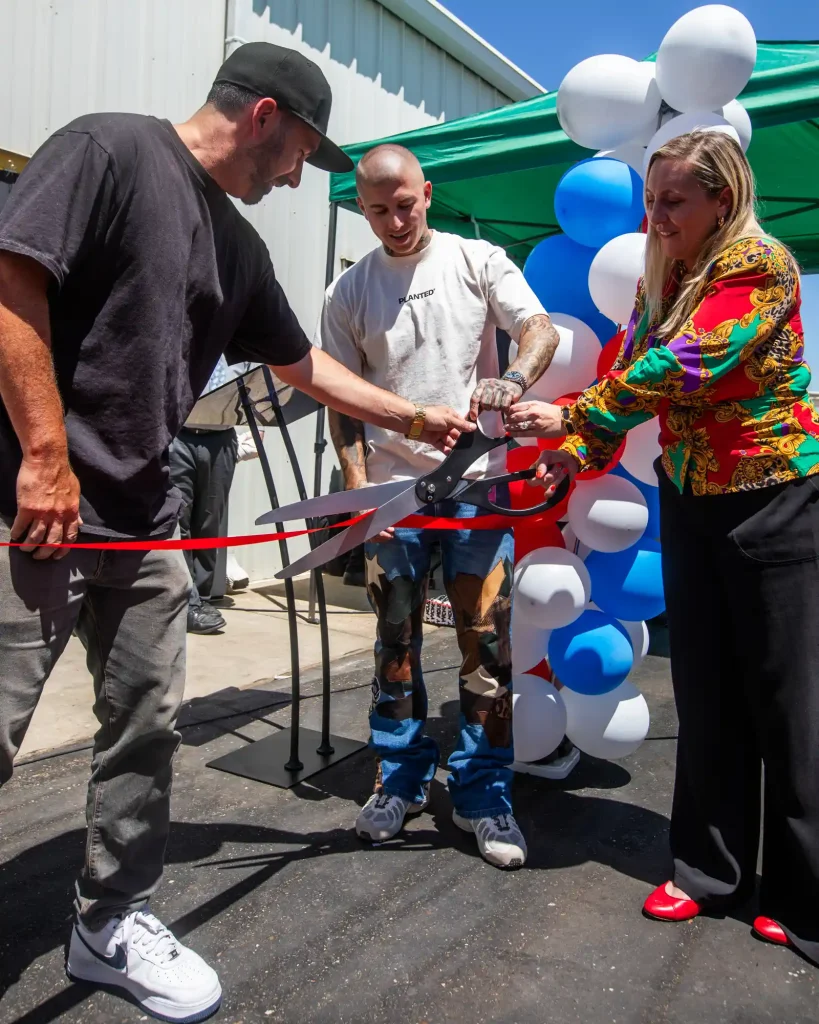
When the VicBlends Academy finally opened its doors this summer, it became a milestone not just for California, but for the country. Inside the facility, inmates now train under licensed instructors, learning technical skills and professional conduct that will allow them to become certified barbers upon release. They study everything from hygiene and sanitation to customer service and business ethics — the same curriculum offered in professional barber schools on the outside. But beyond the classroom, something deeper is taking shape: confidence. Each haircut becomes a moment of pride, a reminder that even within the toughest circumstances, growth is still possible.
The emotional impact is undeniable. Inmates who had long lost hope now talk about having something to look forward to — a way to provide for their families once they’re free. Some say it’s the first time they’ve been told they’re good at something. Others describe the classroom as a sanctuary where they feel human again. Fontanez himself often visits to teach, inspire, and remind students that every small act of progress matters. “It’s not just about cutting hair,” he said in a recent interview. “It’s about cutting away the old version of yourself and shaping a better one.”
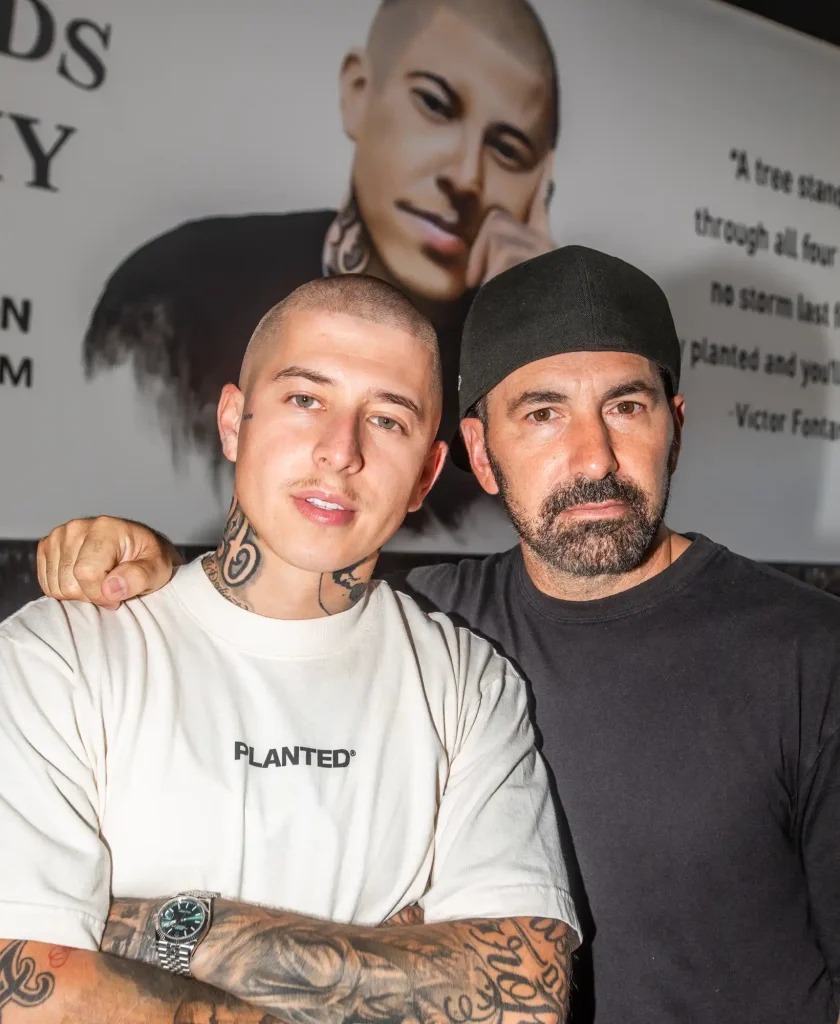
The ripple effect extends beyond the prison gates. Upon graduation, participants can use their certification to find work in barber shops, salons, or even open their own businesses. Budnick hopes that programs like this will help reduce recidivism by giving people practical, marketable skills that offer real alternatives to crime. For him, the academy is proof that rehabilitation works when people are treated with respect and given opportunities instead of judgment.
What’s more, the initiative is drawing national attention. Other states are now exploring similar partnerships to integrate vocational training with emotional growth. Lawmakers, advocates, and business leaders have praised the project as a model for rethinking incarceration — one that replaces punishment with purpose. Even critics of the justice system have acknowledged the power of programs like this to reshape outcomes for those willing to change.
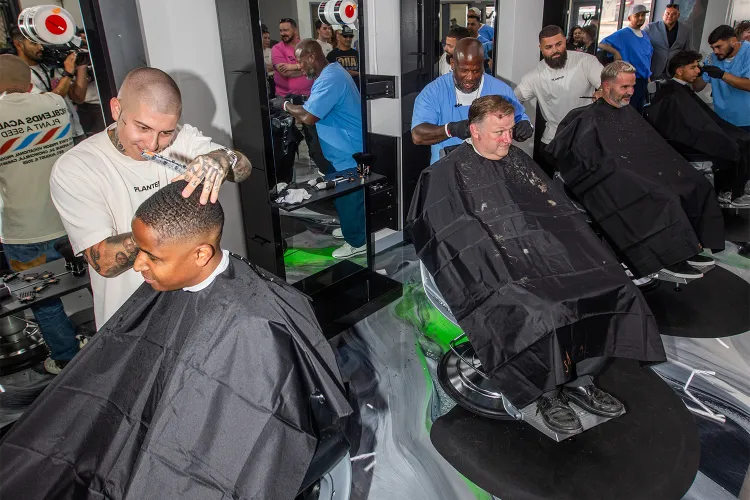
For the men enrolled in the VicBlends Academy, every clip of the scissors represents progress — a tiny step toward freedom, both external and internal. When they look into the mirrors in front of their barber chairs, they see more than their reflection. They see possibility.
Fontanez hopes that one day, this program will expand nationwide. “Everybody deserves a second chance,” he says. “And sometimes, that second chance starts with a pair of clippers.”
In a world where stories from prisons are often filled with hopelessness, the VicBlends Academy offers something rare — a story of transformation, compassion, and faith in what people can become when given a chance. It’s proof that change doesn’t always start in grand speeches or billion-dollar reforms. Sometimes, it starts with a haircut.
